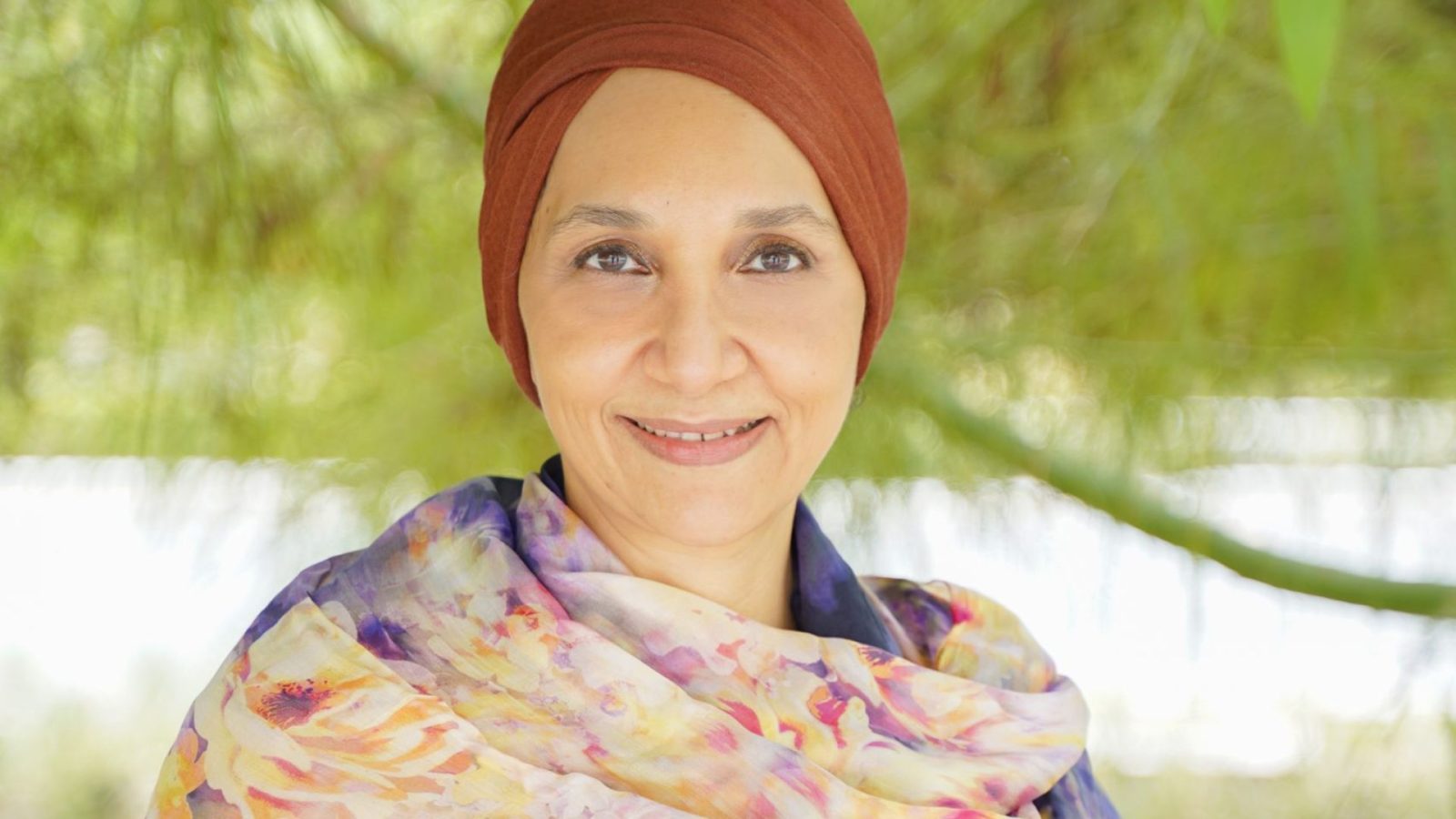Known for her evocative prose that explores migration, faith, and the inner lives of Muslim women, Leila Aboulela joins a distinguished line of winners, including Michael Rosen, Chimamanda Ngozi Adichie, Malorie Blackman, and Salman Rushdie.
By Abioye Damilare Samson
Sudanese-born writer Leila Aboulela has been named the winner of the 2025 PEN Pinter Prize, an honour awarded annually to a writer of exceptional literary merit who confronts the world’s truths with “unflinching” honesty. The announcement was made during English PEN’s summer party at the October Gallery in London on Wednesday.
Known for her evocative prose that explores migration, faith, and the inner lives of Muslim women, Aboulela joins a distinguished line of winners, including Michael Rosen, Chimamanda Ngozi Adichie, Malorie Blackman, and Salman Rushdie. The judges praised her writing as “a balm, a shelter, and an inspiration”, citing her commitment to narratives often marginalised in contemporary fiction.

Aboulela, who moved from Khartoum to Aberdeen in 1990, is the author of six novels and two short story collections, including The Translator (1999), Minaret (2005), and her most recent novel, River Spirit (2023). Her work spans continents and identities, engaging thoughtfully with diaspora, gender, and spirituality.
Reacting to the award, Leila Aboulela said: “This comes as a complete and utter surprise. For someone like me, a Muslim Sudanese immigrant who writes from a religious perspective probing the limits of secular tolerance, this recognition feels truly significant. It brings expansion and depth to the meaning of freedom of expression, and whose stories get heard”.
She will formally receive the award this October at a ceremony at the British Library, where she will also announce the 2025 PEN Pinter “Writer of Courage”, a title given to a writer who has stood up for freedom of expression despite personal risk.

The PEN Pinter Prize was established in memory of the late Nobel Laureate, Harold Pinter,and is open to writers living in the UK, Ireland, or Commonwealth countries. Aboulela’s win not only affirms her literary excellence but also reveals the vital role of inclusive narratives in shaping global literature.



